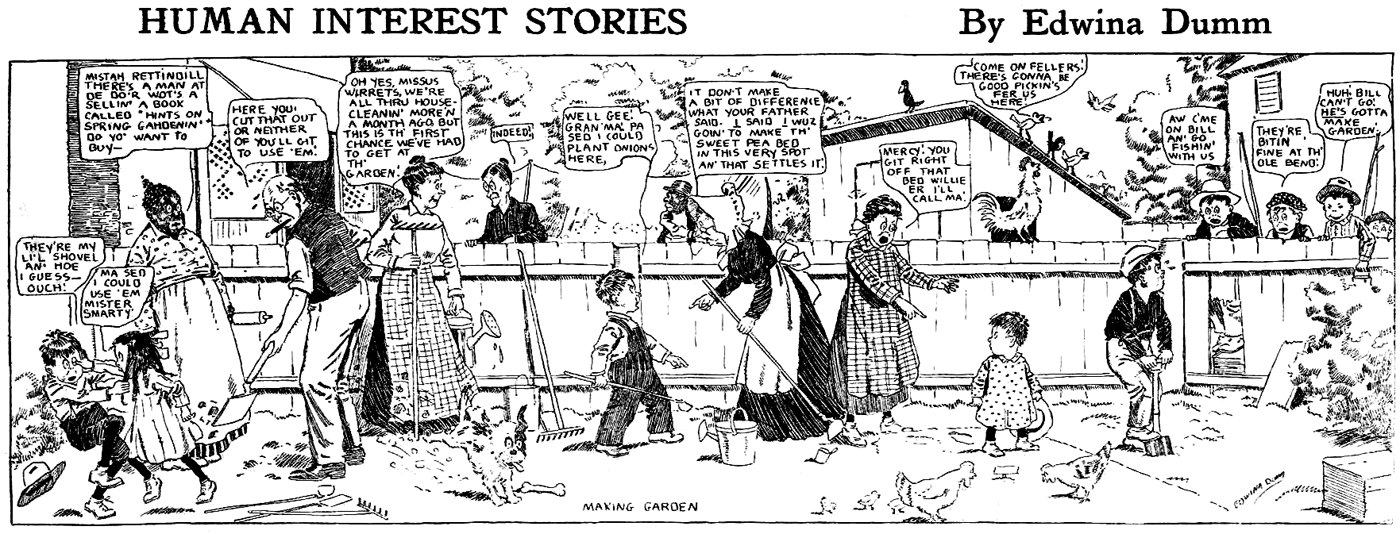Human interest stories have a unique way of captivating our hearts and minds, drawing us into the lives of others who face extraordinary challenges or triumphs. These stories resonate with us, reminding us of the shared humanity we all possess. In a world often filled with negativity, human interest stories serve as a beacon of hope, showcasing the resilience of the human spirit and the compassion that can flourish even in the most difficult circumstances.
This article will delve into the significance of human interest stories, exploring how they can inspire, educate, and connect us. We will examine various compelling examples and discuss the impact of these narratives on our society. As we journey through this exploration, we will highlight the importance of storytelling in fostering empathy and understanding among diverse communities.
Whether you are a writer, journalist, or simply a reader looking for inspiration, this article aims to provide insights into the world of human interest stories. Let us embark on this journey together, discovering the profound impact that such narratives can have on our lives and the lives of others.
Table of Contents
- What Are Human Interest Stories?
- The Impact of Human Interest Stories
- Notable Examples of Human Interest Stories
- How to Tell a Human Interest Story
- The Role of Journalists in Human Interest Stories
- Challenges in Telling Human Interest Stories
- The Future of Human Interest Stories
- Conclusion
What Are Human Interest Stories?
Human interest stories are narratives that focus on the experiences, emotions, and challenges of individuals or groups. Unlike traditional news stories that often emphasize facts and statistics, human interest stories delve into the personal aspects of a situation, providing insight into the human experience behind the headlines. These stories can cover a wide range of topics, from acts of kindness and community resilience to personal struggles and triumphs.
Characteristics of Human Interest Stories
Human interest stories often share certain characteristics that set them apart from other types of journalism:
- Emotional Appeal: These stories evoke strong emotions, allowing readers to connect deeply with the subjects.
- Personal Narratives: They often include first-hand accounts, making the stories relatable and impactful.
- Universal Themes: Themes such as love, loss, hope, and courage are common, resonating with a broad audience.
- Inspiring Messages: Many human interest stories aim to inspire and uplift, showcasing the best of humanity.
The Impact of Human Interest Stories
Human interest stories play a crucial role in shaping public perception and fostering empathy. They can influence societal attitudes, drive social change, and create a sense of community. Here are some specific impacts of these narratives:
1. Fostering Empathy and Understanding
By sharing personal experiences, human interest stories help bridge the gap between different cultures and backgrounds. Readers gain insight into the lives of others, fostering empathy and understanding.
2. Raising Awareness
Human interest stories often highlight important social issues, raising awareness and prompting conversations. Topics like poverty, mental health, and injustice are brought to light, encouraging readers to engage and take action.
3. Inspiring Action
These narratives can motivate individuals to make a difference in their communities. Whether through volunteering, donating, or advocating for change, human interest stories inspire readers to take positive action.
Notable Examples of Human Interest Stories
Throughout history, numerous human interest stories have captured the public's imagination and inspired change. Here are a few notable examples:
1. The Story of Malala Yousafzai
Malala Yousafzai's journey from a girl advocating for education in Pakistan to becoming a Nobel Prize laureate is a powerful testament to resilience and courage. Her story has sparked a global movement for girls' education.
2. The Kindness of Strangers
Stories of ordinary people performing extraordinary acts of kindness can have a profound impact. For example, the viral story of a restaurant owner who provided free meals to those in need during the pandemic showcases the power of compassion.
3. Overcoming Adversity
Many individuals have faced significant challenges and emerged stronger. Stories of athletes overcoming injuries or individuals triumphing over personal struggles serve as inspiration for others facing difficulties.
How to Tell a Human Interest Story
Telling a compelling human interest story requires a thoughtful approach. Here are some tips for crafting impactful narratives:
1. Find a Relatable Subject
Choose a subject that resonates with your audience. Look for individuals with unique experiences or those who have overcome significant challenges.
2. Use Vivid Descriptions
Engage your readers by using descriptive language that paints a vivid picture of the subject's experiences and emotions.
3. Include Quotes and Anecdotes
Incorporate quotes from the subject or those affected by their story. Personal anecdotes add depth and authenticity to the narrative.
The Role of Journalists in Human Interest Stories
Journalists play a vital role in uncovering and sharing human interest stories. Their responsibility includes:
1. Ethical Reporting
It is crucial for journalists to approach sensitive topics with care and respect. Ethical reporting ensures that the dignity of subjects is upheld.
2. Amplifying Voices
Journalists have the power to amplify marginalized voices and bring attention to underrepresented communities through human interest stories.
3. Building Trust with Audiences
By producing accurate and relatable narratives, journalists can build trust with their audience, enhancing the credibility of their work.
Challenges in Telling Human Interest Stories
Despite their importance, telling human interest stories can present challenges. Some common issues include:
1. Balancing Sensitivity and Honesty
Finding the right balance between being truthful and sensitive to the subject's situation can be difficult.
2. Avoiding Stereotypes
It is essential to avoid perpetuating stereotypes or making assumptions about individuals or communities in human interest narratives.
3. Ensuring Accuracy
Journalists must fact-check their stories to maintain credibility and ensure that the information presented is accurate and trustworthy.
The Future of Human Interest Stories
The landscape of storytelling is evolving with the rise of digital media and social platforms. The future of human interest stories may include:
1. Increased Accessibility
Digital storytelling allows for wider dissemination of human interest stories, reaching audiences across the globe.
2. Diverse Formats
From podcasts to video documentaries, storytelling formats are expanding, allowing for more creative ways to share human experiences.
3. Community Engagement
As communities become more engaged, local human interest stories may gain prominence, highlighting the unique narratives within diverse populations.
Conclusion
Human interest stories are powerful narratives that remind us of our shared humanity. They foster empathy, raise awareness, and inspire action, creating a positive impact on society. As we continue to share and celebrate these stories, we contribute to a more compassionate world. Whether you are a writer, journalist, or reader, let us all commit to embracing and amplifying the voices of those around us.
We invite you to share your thoughts on human interest stories in the comments below. If you enjoyed this article, consider sharing it with others or exploring more inspiring content on our site.
Thank you for joining us on this journey through the world of human interest stories. We hope to see you again soon!
The Entertainment Industry's Rising Star Is Juliana Tyson.
A Comprehensive Look At The ACOTAR Book Series: A Close Look At Sarah J. Dreamland By Maas.
Protect Your Hair From Damage With The Best Heat Tamer Spray.


